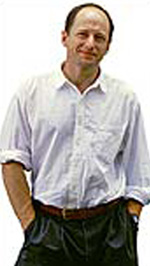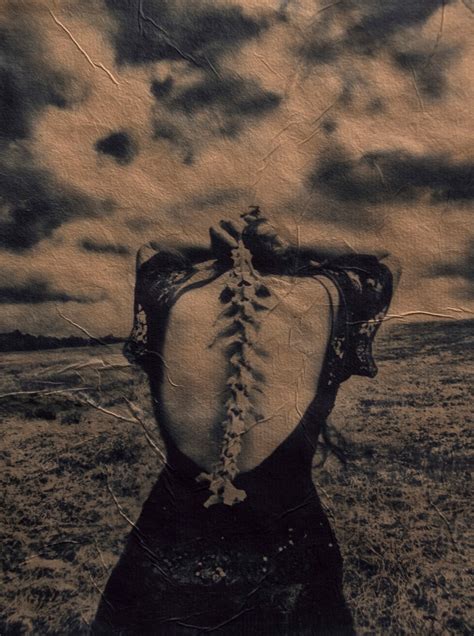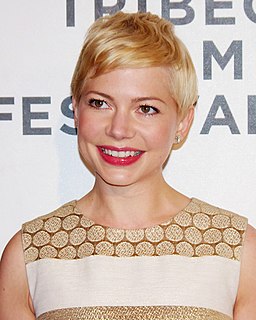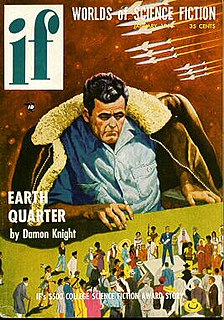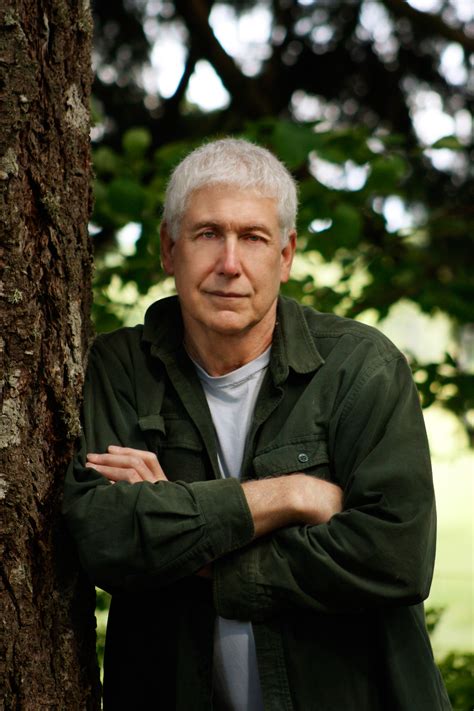A Quote by Loren Eiseley
In the end, science as we know it has two basic types of practitioners. One is the educated man who still has a controlled sense of wonder before the universal mystery, whether it hides in a snail's eye or within the light that impinges on that delicate organ. The second kind of observer is the extreme reductionist who is so busy stripping things apart that the tremendous mystery has been reduced to a trifle, to intangibles not worth troubling one's head about.
Quote Topics
Related Quotes
It's not that big a mystery about types. It's not even that big a mystery why so many people are picking up on things now. It's like we were talking about the primitive thing before and all that. Nothing has really changed much. The things that have changed are like we're on the noon now. There are more buildings now. But we're still basically two monkeys sitting here.
It's better not to know so much about what things mean or how they might be interpreted or you'll be too afraid to let things keep happening. Psychology destroys the mystery, this kind of magic quality. It can be reduced to certain neuroses or certain things, and since it is now named and defined, it's lost its mystery and the potential for a vast, infinite experience.
But though every created thing is, in this sense, a mystery, the word mystery cannot be applied to moral truth, any more than obscurity can be applied to light. ... Mystery is the antagonist of truth. It is a fog of human invention, that obscures truth, and represents it in distortion. Truth never envelops itself in mystery, and the mystery in which it is at any time enveloped is the work of its antagonist, and never of itself.
I believe that even a smattering of such findings in modern science and mathematics is far more compelling and exciting than most of the doctrines of pseudoscience, whose practitioners were condemned as early as the fifth century B.C. by the Ionian philosopher Heraclitus as “nigh -walkers, magicians, priests of Bacchus, priestesses of the wine-vat, mystery-mongers.” But science is more intricate and subtle, reveals a much richer imiverse, and powerfully evokes our sense of wonder.
Human beings are like detectives. They love a mystery. They love going where the mystery pulls them. What we don't like is a mystery that's solved completely. It's a letdown. It always seems less than what we imagined when the mystery was present. The last scene in `Blow Up' is so perfect because you leave the theater still dreaming. Or the end of `Chinatown,' where the guy says `Forget it, Jake, it's Chinatown.' It explains so much but it only gives you a dream of a bigger mystery. Like life. For me, I want to solve certain things but leave some room to dream.
We don't tend to ask where a lake comes from. It lies before us, contained and complete, tantalizing in its depth but not its origin. A river is a different kind of mystery, a mystery of distance and becoming, a mystery of source. Touch its fluent body and you touch far places. You touch a story that must end somewhere but cannot stop telling itself, a story that is always just beginning.
That was the thing: Once, the difference between light and dark had been basic. One was good, one bad. Suddenly, though, things weren’t so clear. The dark was still a mystery, something hidden, something to be scared of, but I’d come to fear the light, too. It was where everything was revealed, or seemed to be. Eyes closed, I saw only the blackness, reminding me of this one thing, the most deep of my secrets; eyes open, there was only the world that didn’t know it, bright, inescapable, and somehow, still there.




